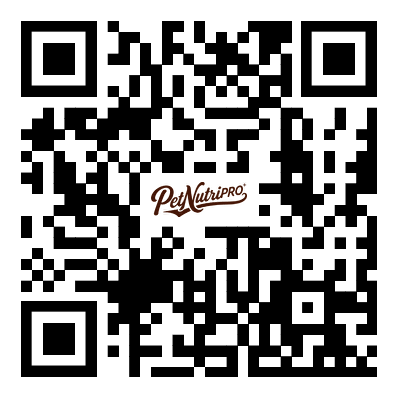2024 Annual Report on South Korea's Pet Market Released: Cat Ownership Surges as Medical and Funeral Expenditures Rise Significantly
Recently, KB Financial Group released the 2025 South Korea Pet Report, comprehensively unveiling the development status and trends of South Korea's pet market in 2024. The report indicates that with changes in social lifestyles, the South Korean pet market has shown new characteristics such as a surge in cat ownership and significant growth in medical and funeral expenditures.
Pet Ownership Landscape
As of the end of 2024, the number of pet-owning households in South Korea reached 5.91 million, an increase of 60,000 from 2023, with a household pet ownership rate of 26.7%. The number of pet owners amounted to 15.46 million, accounting for 29.9% of the total population, including 11.96 million dog owners and 3.46 million cat owners. Notably, cat populations grew most prominently, reaching 2.17 million in 2024, a 9.2% year-on-year increase. Since the pandemic, indoor cats have become more favored due to increased time at home. Except for 2020, cat numbers have shown steady growth over the past five years, with the 2024 growth rate hitting a five-year high. In contrast, dog populations slightly declined to 5.46 million, a decrease of 100,000 from 2023.
Geographically, over 51.7% (3.05 million households) of pet owners resided in the Capital Region, with Gyeonggi Province accounting for 26.6%, Seoul Special City 19.2%, and Incheon Metropolitan City 5.9%. Among major cities, Gyeonggi (1.57 million households) and Seoul (1.13 million) ranked top two. Despite the overall market growth, only 37.6% of respondents expressed plans to keep pets in the future. While the number of those intending to own cats has increased, it only marginally exceeds those "not planning to keep pets" by 2%.
Preferred Pet Breeds
The Maltese emerged as the most favored dog breed (20.4%), followed by Poodles (18.9%), Mixed Breeds (15.1%), Pomeranians (12.8%), and Bichon Frises (7.0%). In the cat category, Korean Shorthairs dominated with a 44.7% preference, followed by Russian Blues (12.8%), Persian Cats (9.6%), Unknown Breeds (9.1%), and Scottish Folds (7.9%).
Adoption Channels
"Friends/Acquaintances" remained the most common adoption channel (31.5%), followed by "Abandoned Animals" (27.7%) and "Dog Centers/Pet Stores" (25.2%). Other channels included veterinary clinics, breeders, and online personal transactions.
Pet Expenditures
The average adoption cost for a pet in South Korea was 380,000 KRW, with dogs costing 420,000 KRW and cats 290,000 KRW. Adoption through professional breeders incurred the highest cost at 1.01 million KRW. Monthly maintenance expenses averaged 194,000 KRW per household: 178,000 KRW for dog owners and 175,000 KRW for cat owners. Food accounted for 35.1% of expenses, while snacks and health products made up 22.5%, together exceeding 50% of total costs. Daily supplies, grooming, and furniture/strollers also contributed significantly.
Pet medical and funeral costs showed dramatic increases. The average medical expenditure per household in 2024 was 1.463 million KRW, nearly doubling from 2023, with dermatological treatments comprising the largest share (46.0%). Average medical costs over the past two years reached 1.027 million KRW, twice the 2023 figure. Funeral expenses averaged 463,000 KRW in 2024, an 83,000 KRW increase from 2023, driven by reduced direct burials and higher costs among Capital Region and apartment-dwelling households.
Consumption Preferences
When purchasing pet food, South Korean owners prioritized nutritional content (58.6%) and their pets' preferences (52.8%), followed by price, pet age, origin, brand, and food type.
The report not only reflects the current state of South Korea's pet market but also provides critical insights for industry players and relevant institutions. As pets continue to gain familial status, the development trends in medical care and consumption sectors of South Korea's pet market warrant sustained attention.


